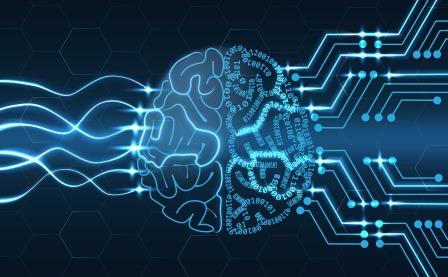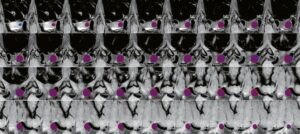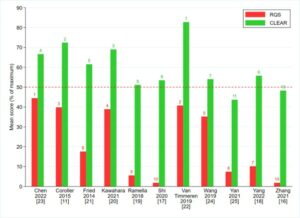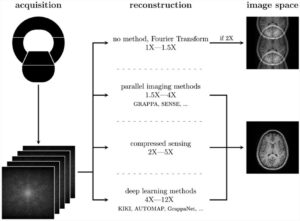In an attempt to determine whether deep learning with the convolutional neural networks (CNN) can be used for identifying parkinsonian disorder on MRI, the authors of this study trained the CNN to distinguish each parkinsonian disorder and then assessed the CNN’s performance. The levels of accuracy achieved confirmed that deep learning with CNN can discriminate parkinsonian disorders with high accuracy.
Key points
- Deep learning convolution neural network achieves differential diagnosis of PD, PSP, MSA-P, and normal controls with an accuracy of 96.8, 93.7, 95.2, and 98.4%, respectively.
- The areas under the curves for distinguishing between PD, PSP, MSA-P, and normality were 0.995, 0.982, 0.990, and 1.000, respectively.
- CNN may learn important features that humans not notice, and has a possibility to perform previously impossible diagnoses.
Authors: Shigeru Kiryu, Koichiro Yasaka, Hiroyuki Akai, Yasuhiro Nakata, Yusuke Sugomori, Seigo Hara, Maria Seo, Osamu Abe and Kuni Ohtomo













